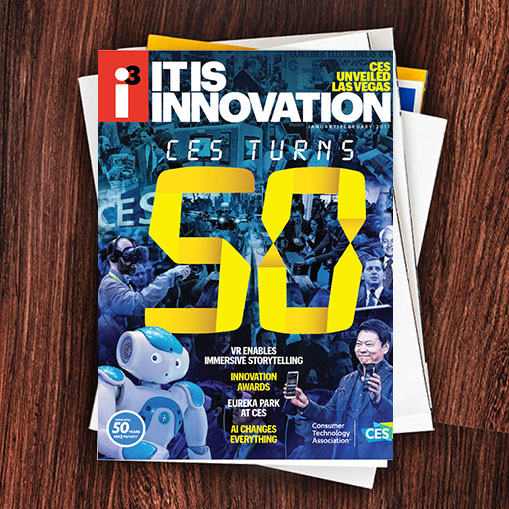The rapid advancement of technology is transforming what mobility means for millions of Americans. Our highways, rails and airways must evolve in the coming years, as demands on our infrastructure grow and new technologies change how we access the transportation network.
For example, Americans are benefiting from ever-smarter cars that improve safety, reduce traffic and save fuel. We must ensure our roads and highways keep pace, including through the deployment of smarter infrastructure. Drones are another example of a transformative technology that is re-shaping industries like agriculture, energy, communications and filmmaking. We are in the early stages of the drone era and there is much more to come.
As technology changes how goods and people move throughout the country and the world, our Committee is thinking about how the government can help, not hinder, advancements. Fostering innovation is an essential consideration in the legislation we consider.
In 2015, the Fixing America’s Surface Transportation Act, or FAST Act, was signed into law. While this legislation ensures critical long-term certainty for highway, bridge and transit projects, it also promotes innovation and the adoption of transportation technologies. What makes this feature of the FAST Act most important, however, is that it is technology-neutral. The legislation is designed to allow the marketplace to flourish without the government picking winners or losers.
In July 2016, the FAA Extension, Safety and Security Act was enacted. This law allows expanded use of drones while ensuring the safety of our National Airspace System (NAS), and lays the groundwork for the next stages of integrating them into the NAS.
This year the Committee will further consider and address drones, among other technologies, in a major Federal Aviation Administration (FAA) reauthorization and reform bill. The federal government must continue to foster the safe growth of this promising new industry.
Too often, the federal government has hobbled innovation with too much red tape and reflexive regulation. For the last four years, our Committee has sought to cut through that red tape and produce wins for American innovators. For example, the FAA’s new small drone rule strongly reflects the risk-based regulatory process we proposed in legislation last year.
During the 115th Congress, we will keep up this fight to ensure America has the right policy environment and legal framework to keep our country at the forefront of transportation and infrastructure technology. As we do so, we will need your ideas, energy and support. I invite you to participate in this process, and share your insights, expertises and visions.
2017 offers new opportunities and challenges for technology in transportation, and together we can ensure America’s continued leadership in these areas.
Congressman Bill Shuster, R-PA09, is the chairman of the House Transportation and Infrastructure Committee.

i3, the flagship magazine from the Consumer Technology Association (CTA)®, focuses on innovation in technology, policy and business as well as the entrepreneurs, industry leaders and startups that grow the consumer technology industry. Subscriptions to i3 are available free to qualified participants in the consumer electronics industry.